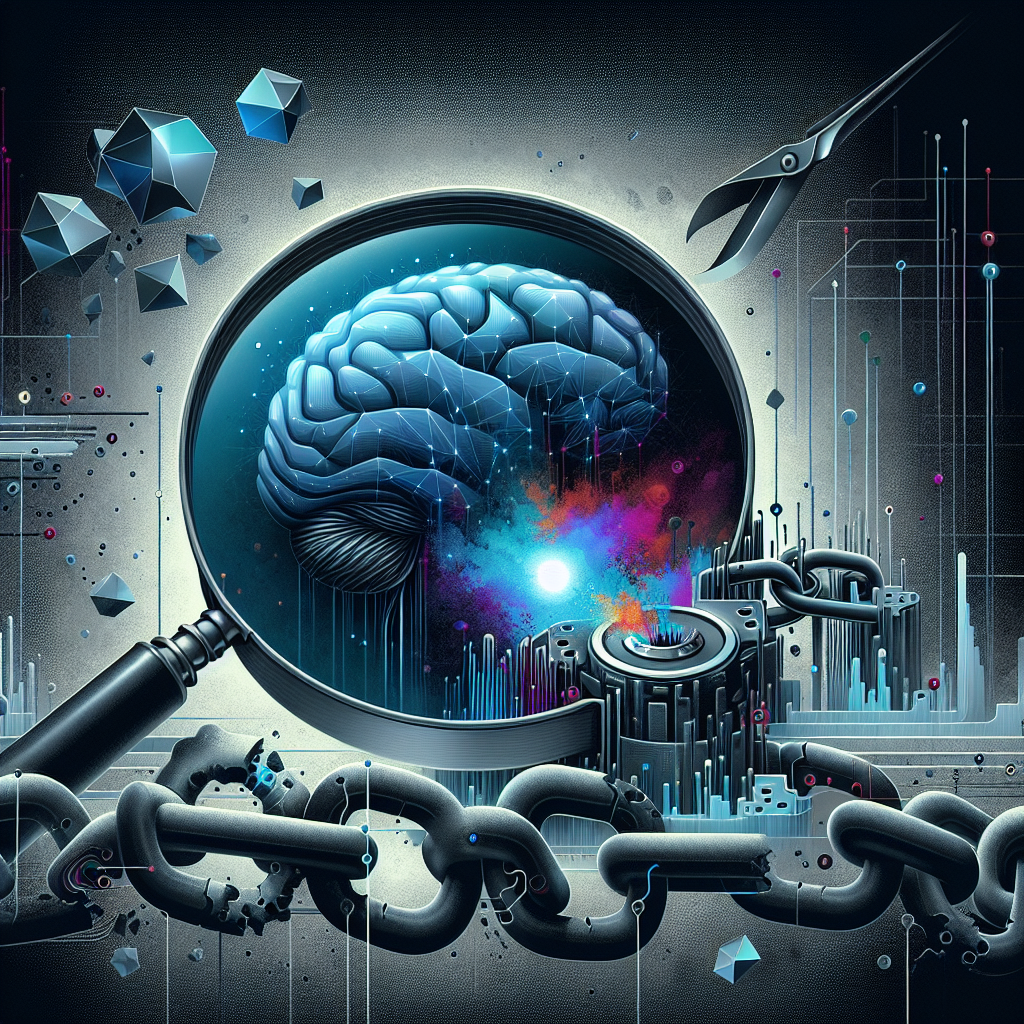Artificial General Intelligence (AGI) is a fascinating field of study that has the potential to revolutionize the way we live and work. AGI refers to a machine intelligence that can perform any intellectual task that a human can do. While the concept of AGI has been around for decades, recent advancements in machine learning and neural networks have brought us closer to achieving this goal.
In this article, we will explore the potential and limitations of AGI, as well as some frequently asked questions about this emerging technology.
The Potential of AGI
The potential of AGI is vast and far-reaching. With a machine intelligence that can perform any intellectual task that a human can do, we could see significant advancements in fields such as healthcare, finance, transportation, and more.
One of the most exciting potential applications of AGI is in the field of healthcare. With the ability to process vast amounts of medical data and make complex diagnoses, AGI could help doctors and healthcare professionals provide more accurate and personalized care to patients. This could lead to faster diagnoses, more effective treatments, and ultimately, better patient outcomes.
In the field of finance, AGI could revolutionize the way we manage our money. With the ability to analyze market trends and make intelligent investment decisions, AGI could help individuals and businesses maximize their financial returns. This could lead to more stable economies and greater prosperity for all.
In the field of transportation, AGI could help us create more efficient and sustainable transportation systems. With the ability to optimize traffic flow, reduce congestion, and improve safety, AGI could help us build smarter cities and reduce our impact on the environment.
Overall, the potential of AGI is vast and holds the promise of a brighter future for humanity.
The Limitations of AGI
While the potential of AGI is vast, there are also limitations to consider. One of the biggest limitations of AGI is the ethical and moral implications of creating a machine intelligence that is as capable as a human. Questions about the rights and responsibilities of AGI, as well as the potential for misuse and abuse, must be carefully considered.
Another limitation of AGI is the challenge of creating a machine intelligence that is truly general in nature. While current AI systems excel at specific tasks, such as image recognition or language translation, creating a system that can perform any intellectual task that a human can do is a much greater challenge. Researchers are still working on developing the algorithms and architectures that will enable us to achieve true AGI.
There are also technical limitations to consider. AGI requires massive amounts of computing power and data to operate effectively. While advancements in technology have made this more feasible in recent years, there are still significant challenges to overcome in terms of scalability, efficiency, and reliability.
Overall, while the potential of AGI is vast, there are still many challenges and limitations to overcome before we can fully realize the promise of this technology.
FAQs about AGI
Q: What is the difference between AGI and Artificial Narrow Intelligence (ANI)?
A: AGI refers to a machine intelligence that can perform any intellectual task that a human can do, while ANI refers to a machine intelligence that is specialized in a specific task, such as image recognition or language translation.
Q: When will we achieve AGI?
A: It is difficult to predict when we will achieve AGI, as there are still many technical challenges to overcome. Some experts believe that we could see AGI within the next few decades, while others believe it may take longer.
Q: What are the ethical implications of AGI?
A: The ethical implications of AGI are vast and complex. Questions about the rights and responsibilities of AGI, as well as the potential for misuse and abuse, must be carefully considered.
Q: How will AGI impact the job market?
A: AGI has the potential to automate many tasks currently performed by humans, which could lead to job displacement in certain industries. However, AGI also has the potential to create new job opportunities in fields such as AI development and maintenance.
Q: What are some potential risks of AGI?
A: Some potential risks of AGI include the loss of jobs due to automation, the potential for misuse and abuse of AGI, and the ethical implications of creating a machine intelligence that is as capable as a human.
In conclusion, AGI has the potential to revolutionize the way we live and work, with applications in fields such as healthcare, finance, transportation, and more. However, there are also limitations and challenges to consider, including ethical implications, technical limitations, and the potential for misuse and abuse. As we continue to explore the potential and limitations of AGI, it is important to approach this technology with caution and consideration for its impact on society.

